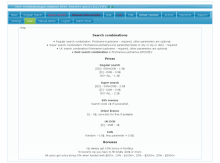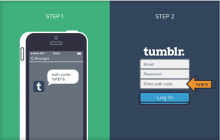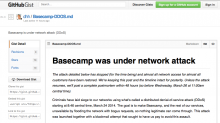Google researcher says hacks against news orgs on the rise
Most news organisations are now the targets of state-sponsored attacks on their security, according to Google security researcher Shane Huntley.
According to Reuters, Huntley told the Singapore Black Hat conference on March 28 that his research, conducted in partnership with Citizen Labs' Morgan Marquis-Boire, revealed attacks on 21 out of the world's top 25 news organisations.











































































